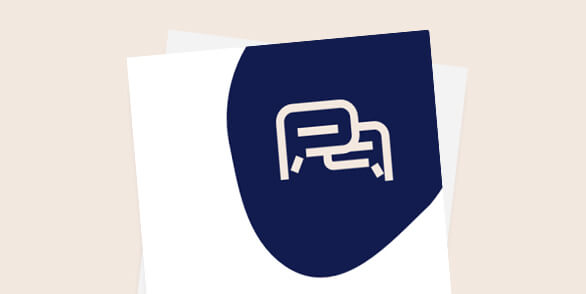The process of interviewing and hiring new talent is subject to several aspects of employment law.
- Job descriptions. Applicable Canadian human rights and accessibility laws require that candidates not be excluded from consideration or hiring due to disabilities or other protected characteristics, such as age, gender, race, ethnic or national origin, for example, unrelated to a job’s bona fide essential requirements. Interview locations must be easily accessible and reasonable accommodations must be offered.
- Interviews. You may not question candidates about protected characteristics such as gender, race, colour, religion, family status, or age, for example. Many jurisdictions no longer allow you to ask about a candidate’s criminal record during the early stages of the hiring process, prior to evaluating their qualifications, and depending on the legitimate requirements of the job in question. Similarly, many jurisdictions no longer allow you to ask a candidate for prior salary information.
- Pre-employment checks. If you are considering including background or credit checks or drug testing, you should carefully review the purpose and conduct of these checks, which implicate the collection of sensitive personal information, with experienced labour and employment counsel, based on the specific workplace and job context.
- New hire forms. When an employee begins work at your company, you must submit certain forms and information (such as the TD1 form and Social Insurance Number) to applicable regulators within certain prescribed time frames.
HR Outsourcing is an option that can help you with onboarding new hires and meeting applicable provincial/territorial and federal paperwork requirements. Other options include using a payroll provider and outsourcing your HR services.



